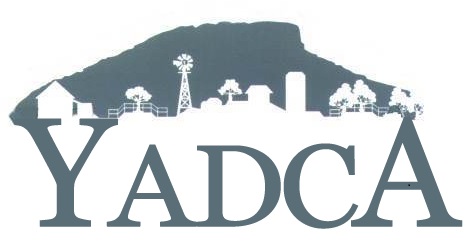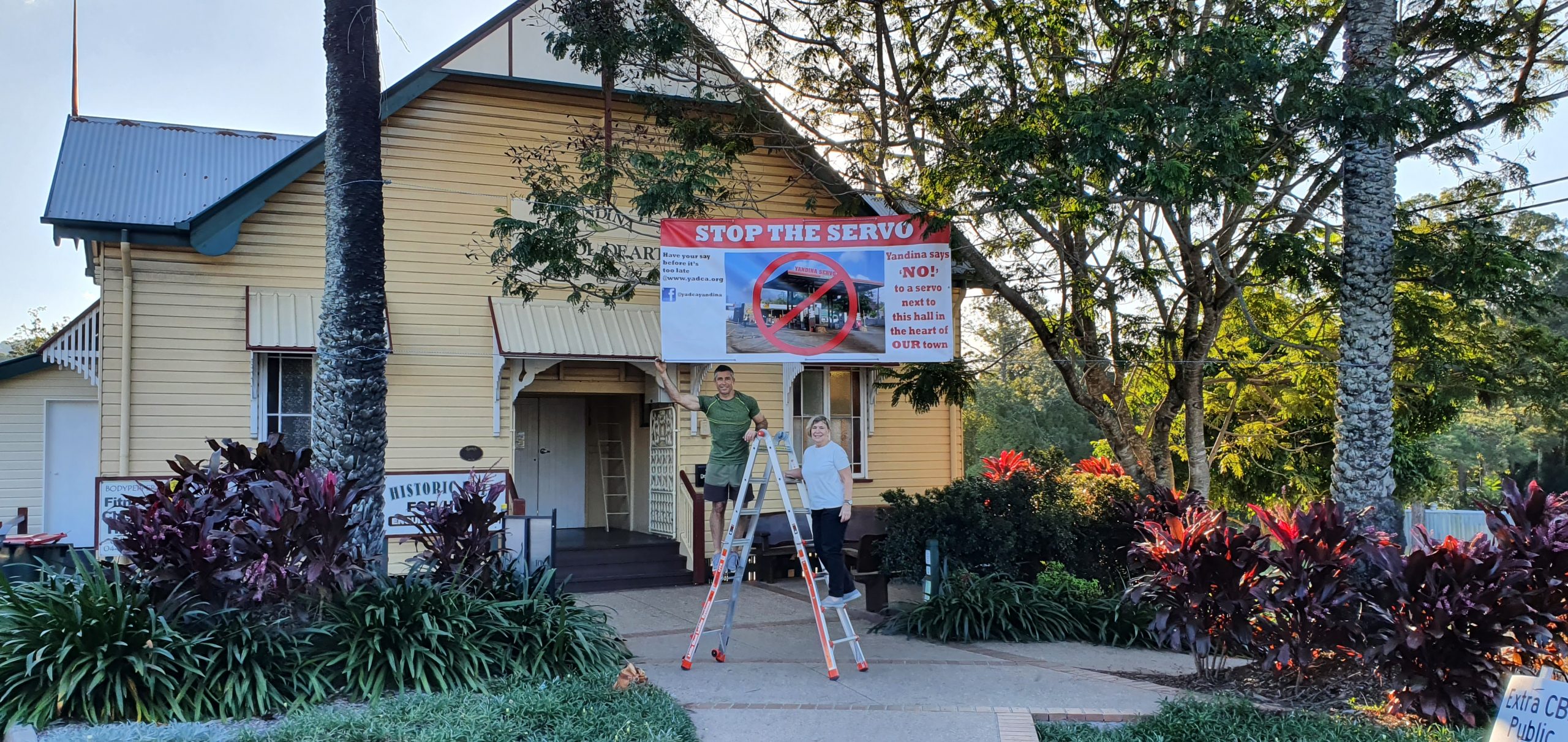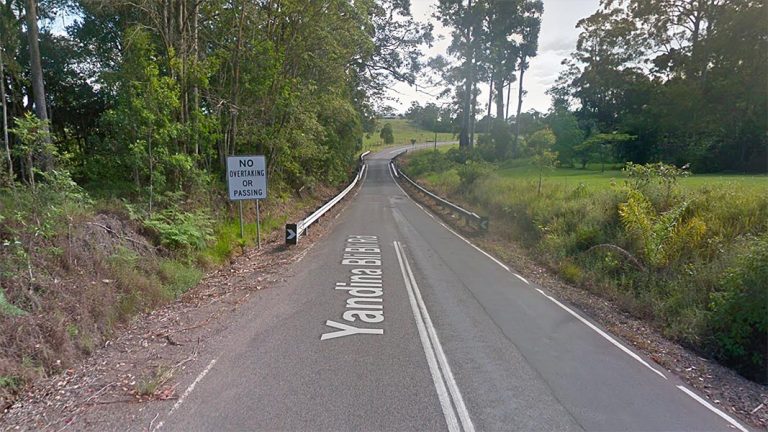YADCA congratulates Sunshine Coast Council for its rejection of a proposed service station in the heart of Yandina.
Full details are contained in the Assessment Report on the Council’s Development.i webpage. Search Application Number MCU21/0003.
The key points from Council are.
- The development departs from the purpose and overall outcomes of the Heritage and character area overlay code, Scenic amenity code, Yandina local plan code, and Local centre zone code of the Sunshine Coast Planning Scheme 2014, because the built form proposed for the development:
(a) is not in keeping with, or respectful to, the identified streetscape character and heritage values of the Yandina Character Area;
(b) detracts from the Yandina School of Arts heritage building located proximate to the site;
(c) detracts from scenic amenity values from the nominated Scenic Route of Farrell Street;
(d) does not follow the pattern of existing development in the Yandina local centre with buildings located towards the street;
(e) does not contribute to vibrant and active streets and would not maintain a human scale at a street level;
(f) is not in keeping with existing small-scale built form that characterises the Yandina township;
(g) includes building materials that are inconsistent with the Yandina character area; and
(h) would create a risk of pedestrian and vehicle conflict due to the width of the access crossovers and the traffic volumes anticipated to traverse these crossovers.
- The development departs from the purpose and overall outcomes of the Transport and parking code and of the Sunshine Coast Planning Scheme 2014, because the development does not allow for safe and convenient access for fuel tankers.
- The departures from the assessment benchmarks above are not capable of being addressed or mitigated by conditions of approval.
- The departures from the assessment benchmarks support refusal of the proposed development.
- There are no discretionary matters that warrant approval of the proposed development.
- Refusal of the proposed development advances the purpose of the Planning Act 2016 because the development would not facilitate the achievement of ecological sustainability in that it fails to maintain the cultural, economic, physical and social wellbeing of people and communities.




